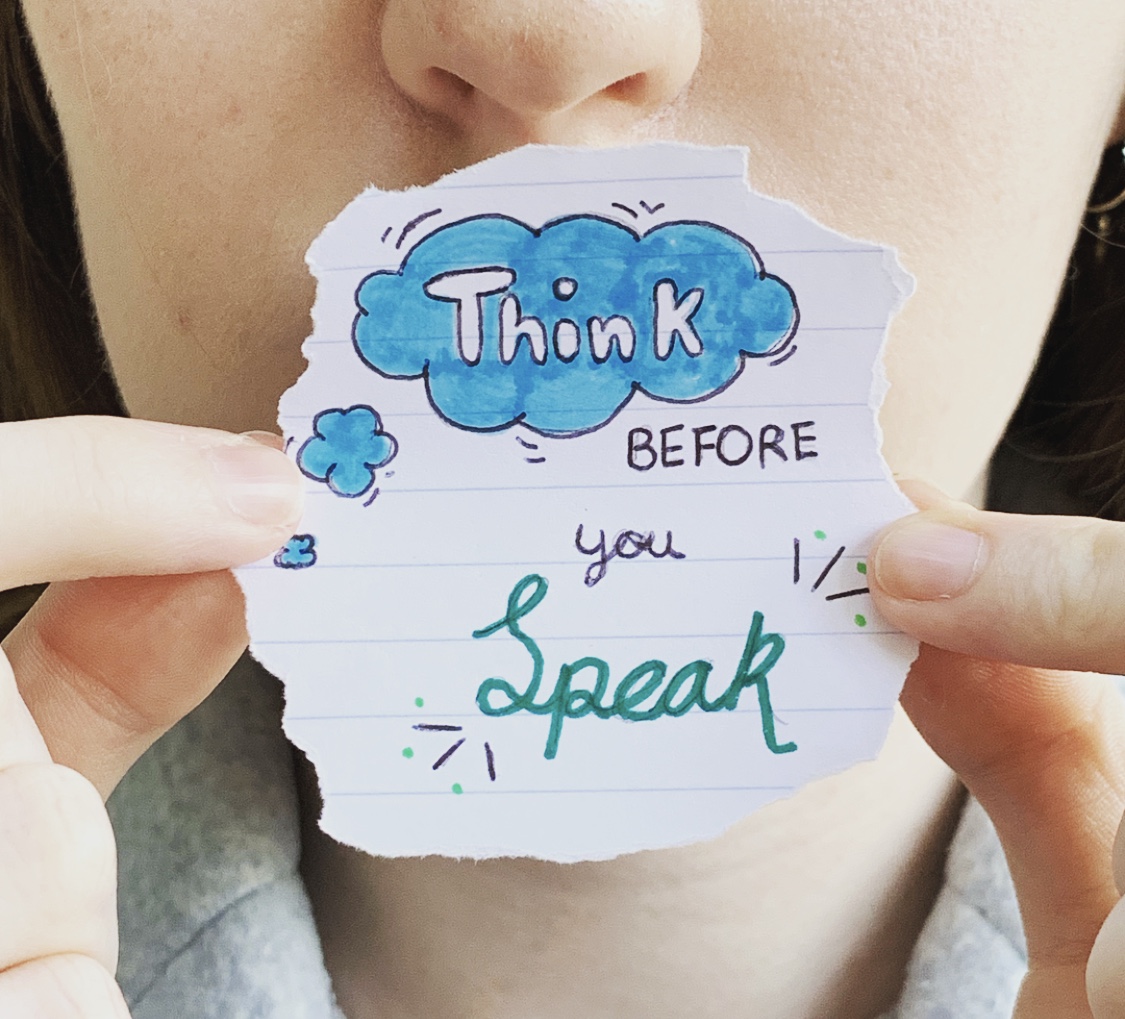Voice of the votes
Organizing a vote of confidence is no longer strange or new to organizations or countries that are geared toward democracy in the framework. As the initiator of the vote of confidence in the organization, I decided to develop in two forms:
1 / The subcordinates vote for confidence for the direct management.
2 / The middle and senior manager votes for each other.
All have two options: Trust or not trust. The vote of confidence does not affect the appointment or dismissal of managers, but it gives the manager a broad and proactive view of issues relating to personality, virtue and communication between people in the organization, especially those in management positions.
People with high votes are less likely to collide with other people. In other words, they work in deep profession, independent, or their work serves the legitimate interests of many people. They know how to be harmonious or pleasurable in a variety of ways that can be positive or negative. They are the type of person who is capable of doing good and vice versa.
People who have a pretty good number of votes are those who have the capacity and experience to work well and their range of work on a large scale, involving many different levels. His relationships with the surroundings are quite harmonious, but they do not interfere with the flow of personal thought of a minority who want to express themselves by affirming the importance of their "likes" or "dislikes", not expressing the right spirit, meaning and legitimate in the vote "trust" or "no trust".
Those with low credentials do not mean that they do not have the capacity or expertise or experience to work well. But it also reflects a part of the personality or quality of the person who is in trouble (deficiencies in communication or behavioral that need to be adjusted or changed) leading to crack signs of a relationship or in "red light" state. The underlying cause is probably because of a conflict of interest or failure to satisfy the wishes of a group or individuals that lead to a "boycott" of the "council".
No matter how the results of the vote of confidence is, but certainly one thing that "gold is not afraid of fire". Those who have low confidence votes should not be content with their professional capacity but forget about cultivating the necessary skills in behavior and communication. Openness and sincerity are two indispensable elements in strengthening and reinforcing relationships that make the interaction more convenient and effective.
Those who hold the good and high votes should not be happy. Harmony or influence on others should ensure that the fundamental criteria do not conflict with the interests of the organization or detrimental to the legitimate interests of others. If you do what "your heart tell you", knowing how to put the interests of the group above your personal interests, you will certainly not shake or lose faith in yourself because of the lack of absolute trust votes.
"Do not be afraid to give up the good things that lead to great things." - John D. Rockefeller.
NHQ
TAG:











































